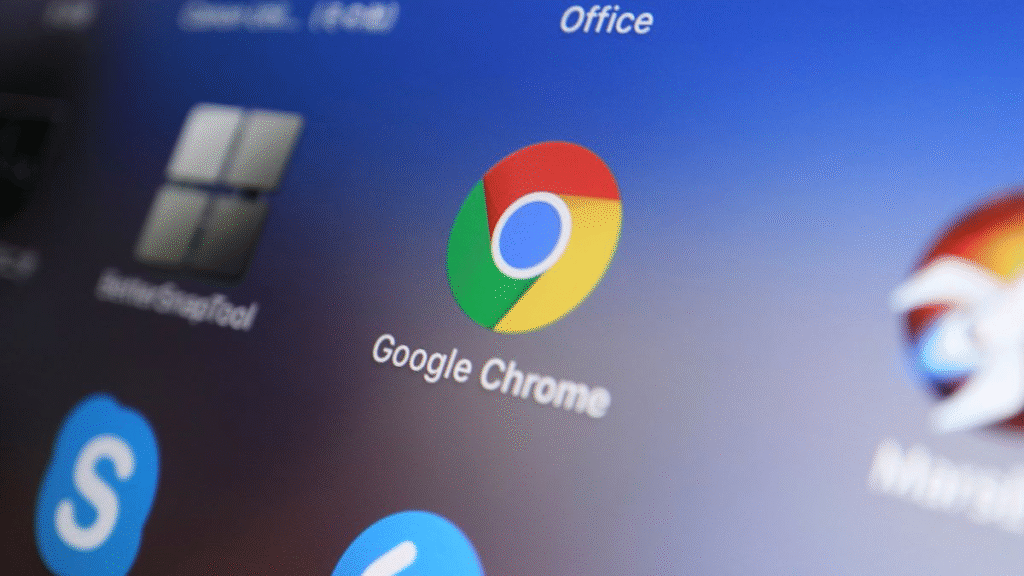OpenAI is getting ready to launch a brand-new web browser powered by artificial intelligence, according to a report from Reuters. The company, best known for ChatGPT, is stepping into the browser game — and it could shake things up for big players like Google Chrome.
The browser is expected to go live in the next few weeks.
Rethinking How We Browse
Unlike traditional browsers, OpenAI’s version is designed to work more like a smart assistant than just a tool for clicking links. The idea is simple: instead of opening dozens of tabs to find answers, users might just ask the browser — and get responses directly, right in the interface.
It may also include Operator, OpenAI’s in-house web-browsing AI. This agent can search the web, summarize results, and help users get quick, reliable answers.
Why Now?
This launch comes shortly after Perplexity released its Comet browser, a similar AI-powered tool that’s already turning heads. It’s clear that AI-first browsing is gaining traction — and OpenAI wants in.
There’s another reason too: by building its own browser, OpenAI can create a more controlled and personalized experience. It would no longer have to rely on other platforms like Google to deliver content and search results.
In short, OpenAI wants to own the full user journey — from the question to the answer.
What to Expect from OpenAI’s Browser

While details are still limited, here’s what seems to be in the works:
- A ChatGPT-style interface baked right into the browser
- Direct answers instead of just links
- Smart use of Operator, OpenAI’s web-surfing AI
- Less jumping between tabs and more in-context responses
- Possibly even a better way to search, summarize, and act on web data
In many ways, it could function more like a conversation tool for the web than a regular browser.
A Bigger Push Against Google Chrome

This move puts OpenAI in direct competition with Google Chrome, the world’s most-used browser.
Chrome has dominated the market for years, but new tools like Comet, Arc, and now OpenAI’s upcoming browser are starting to challenge that lead — not by being faster or flashier, but by being smarter.
They aim to save users time by delivering content, not just pages. If OpenAI pulls this off, it could shift how millions of people browse, learn, and shop online.
Recap: Here’s What We Know
Here’s a quick rundown of what’s coming:
- OpenAI is launching its own AI-powered browser
- The tool will likely feature Operator, its web-reading agent
- It focuses on keeping users inside the interface, not sending them out
- The goal: to replace traditional browsing with smart, AI-driven answers
- It directly challenges Google Chrome, Perplexity Comet, and others
Final Thoughts
This isn’t just another browser launch. It’s OpenAI trying to reimagine how we interact with the internet — one answer at a time. The browser will likely be tightly connected with ChatGPT, meaning that your web browsing and AI interactions could happen all in one place.
That’s a big deal.
We’ll have to wait and see exactly what the browser looks like when it launches, but if it delivers on the promise, it could be the start of a new kind of internet experience — one that feels more like a conversation than a search.
